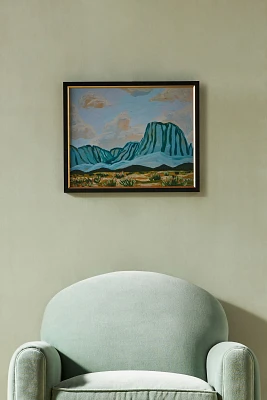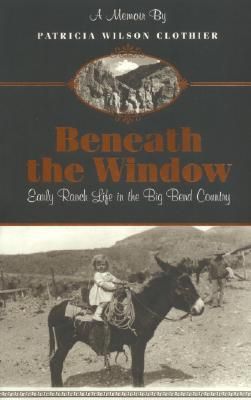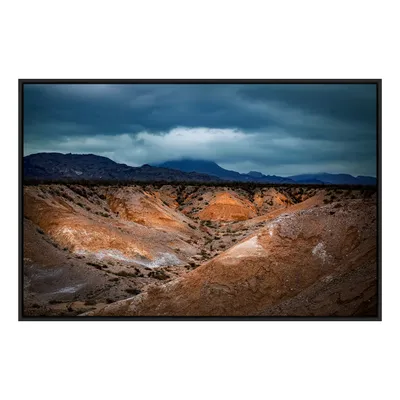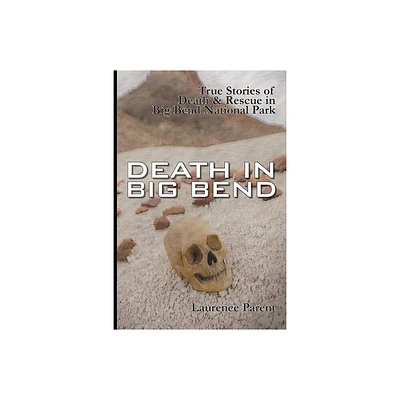Home
Forgotten Trails: Historical Sources of the Columbia's Big Bend Country
Loading Inventory...
Barnes and Noble
Forgotten Trails: Historical Sources of the Columbia's Big Bend Country
Current price: $21.95


Barnes and Noble
Forgotten Trails: Historical Sources of the Columbia's Big Bend Country
Current price: $21.95
Loading Inventory...
Size: Paperback
*Product Information may vary - to confirm product availability, pricing, and additional information please contact Barnes and Noble
Indian inhabitants laid out the basic travel routes in central Washington's Grand Coulee country probably 10,000 to 12,000 years ago. In the early 1800s, horse-oriented Native Americans continued to use these routes; a host of white frontiersmen followed in their footsteps. Though their passage is now largely forgotten, many individuals prominent in Western history traveled this way and kept excellent records.
In
Forgotten Trails
, the most noteworthy and exciting of these accounts have been edited into a single volume. Included are the adventures of Lewis and Clark and the Canadian explorer David Thompson, early missionaries such as the Reverend Samuel Parker, railroad surveyors and scientists, Paul Kane and other artists, as well as fur traders, miners, stockmen, military roadbuilders, and homesteaders. The book ends with the celebrated "Grand Horse Roundup" of 1906, and an enthralling Native American perspective.
These firsthand accounts, together with a chapter on traditional Plateau Indian culture and an oral history describing 19th century Indian life, render a portrait of the region's trails and travelers during its flamboyant and exciting frontier era.
is an essential contribution to the literature of the Columbia Basin.
In
Forgotten Trails
, the most noteworthy and exciting of these accounts have been edited into a single volume. Included are the adventures of Lewis and Clark and the Canadian explorer David Thompson, early missionaries such as the Reverend Samuel Parker, railroad surveyors and scientists, Paul Kane and other artists, as well as fur traders, miners, stockmen, military roadbuilders, and homesteaders. The book ends with the celebrated "Grand Horse Roundup" of 1906, and an enthralling Native American perspective.
These firsthand accounts, together with a chapter on traditional Plateau Indian culture and an oral history describing 19th century Indian life, render a portrait of the region's trails and travelers during its flamboyant and exciting frontier era.
is an essential contribution to the literature of the Columbia Basin.


















